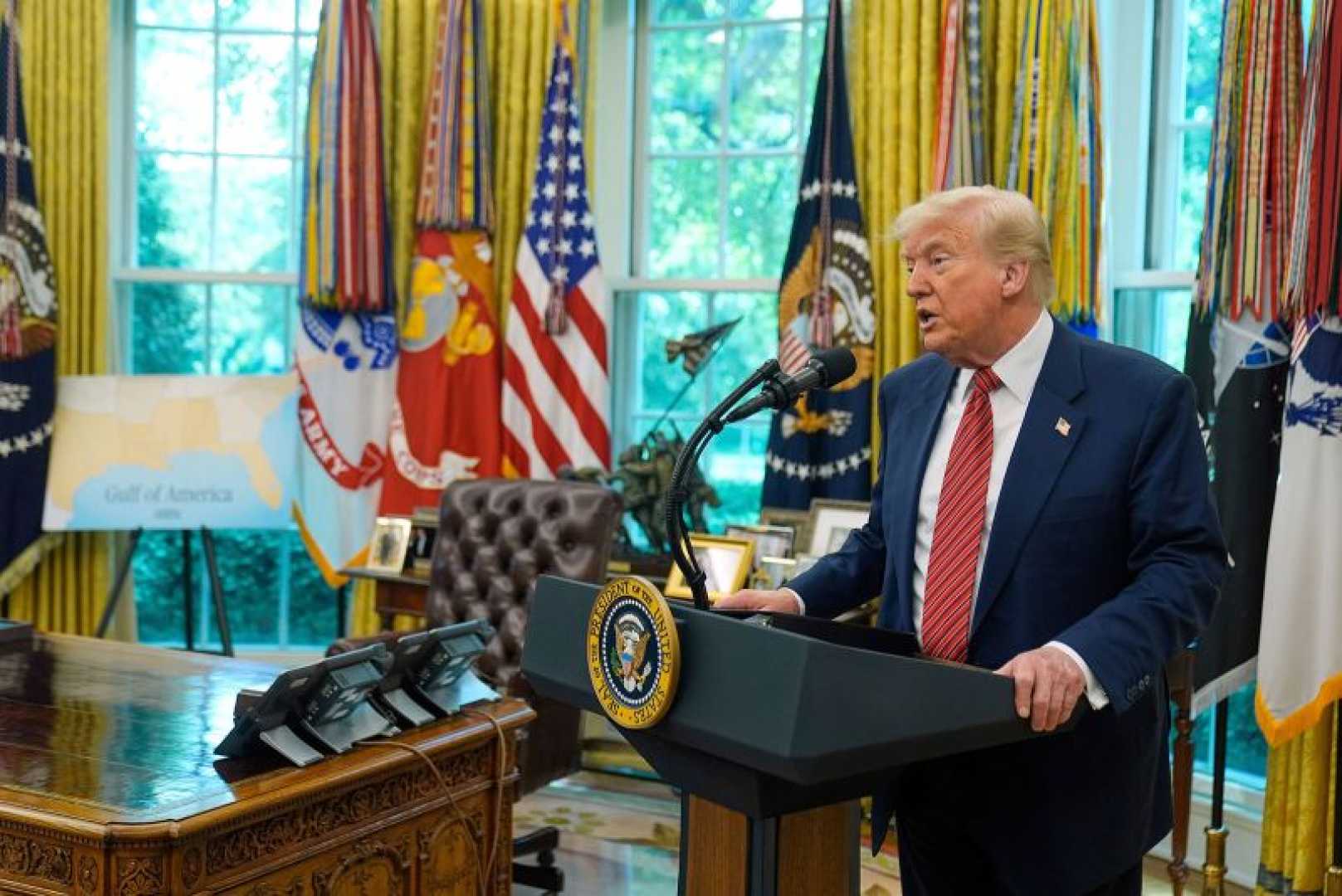Business
Trump Teases Major Trade Deal Announcement with the UK

Washington, D.C. – President Donald Trump is set to announce a framework for a trade agreement with the United Kingdom, according to sources familiar with the matter. The announcement follows Trump’s recent remarks about a significant deal with a “big and highly respected, country.” The specifics of any agreement remain unclear, and there have been no comments from the White House or the British embassy.
The president’s announcement is expected at a news conference scheduled for 10 a.m. ET (3 p.m. BST) at the Oval Office. Trump took to Truth Social, where he hinted at the upcoming news, stating, “Big news conference tomorrow morning concerning a MAJOR TRADE DEAL WITH REPRESENTATIVES OF A BIG, AND HIGHLY RESPECTED, COUNTRY. THE FIRST OF MANY!” This reads as an optimistic signal from the president.
While negotiations have been ongoing, it is uncertain what exact details Trump will reveal, given that he requires Congressional approval for trade agreements. The U.S. and the UK have been in talks for weeks, aiming for a swift deal that could potentially lower British tariffs on U.S. cars and agricultural products.
UK Prime Minister Keir Starmer has reaffirmed that lowering food production standards is off the table as officials prioritize a separate agreement with the European Union. A UK team of trade negotiators arrived in Washington on Wednesday to accelerate discussions. They hope to finalize a deal before the planned UK-EU summit on May 19.
Discussions have centered around tariff relief for certain sectors, including a proposal handed to the U.S. a week ago. The draft deal would reduce tariffs on British exports of steel, aluminum, and cars, in exchange for a lower digital services tax rate affecting a few major U.S. tech companies.
Timothy Brightbill, an international trade attorney, commented on the planned announcement, suggesting it may only establish a framework for negotiations rather than a finalized deal. The Trump administration previously faced challenges, with the president’s earlier tariff proposals contributing to trade tension.
The UK has managed to avoid reciprocal tariffs due to the U.S. trade surplus; however, the 10% global tariff and 25% tariffs on foreign steel and aluminum have still impacted British trade.












